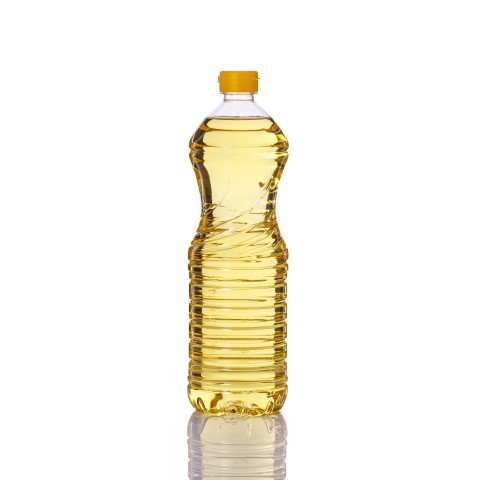There is a lot of controversial and misleading nutrition information in the news which can make knowing what to eat confusing. So, here are 6 simple, evidence based steps to improve your nutrition for better healing and health.
Protein is one of the most important factors which affect healing. Healing is heavily reliant on the production of collagen (the main protein in your muscles, ligaments and tendons). A deficiency in protein impairs both the growth of the cells that make collagen and collagen remodelling which impedes healing.
Eat a palm-sized portion of a quality-source of protein (meat, fish or eggs) with each meal.

Fruit and vegetables provide important micronutrients and have also been shown to lower levels of inflammation. Green leafy vegetables such as spinach are high in magnesium, whilst citrus fruits are high in vitamin C (both of which are important micronutrients for repair). Eating a variety of fruits and vegetables will deliver a range of important micronutrients.
Try eating two fruits or vegetables with every meal (including snacks).

Most western diets provide 10 to 20 times more omega-6 fatty acid (found in processed food and vegetable oils) than omega-3 fatty acid (found in oily fish). This imbalance is considered unhealthy (“pro-inflammatory”) and there is general agreement that individuals should consume more omega-3 and less omega-6 fatty acid to promote a healthy inflammatory response.
Eat at least 2-3 servings of oily fish (e.g. salmon, mackerel, sardines or herring) per week or supplement with a good quality fish oil such as Arctic Cod Liver Oil – available from The Natural Dispensary (use practitioner ‘Steffen Toates’ to register).

Omega-6 seed oils (such as corn, sunflower, peanut and safflower oils) are not, of themselves, unhealthy unless consumed to excess. The problem is that they are so commonplace in the Western diet (in salad oils, cooking oils, shortening and margarine) that they constitute approximately 20% of all calories consumed. This is highly pro-inflammatory.
Trans fats are another problem. They are found in margarine, fried foods, cooking oils and most baked goods. A high intake of trans fats is extremely pro-inflammatory and is linked with a host of chronic diseases including diabetes, cancer and cardiovascular disease.
Swap out the pro-inflammatory omega-6 seed oils and replace them with anti-inflammatory alternatives such as coconut oil, olive oil or grass fed butter.
Avoid trans fats (also labelled as ‘partially hydrogenated oils’)

All refined carbohydrates, including sugar and refined grains, lead to a sharp upward spike in the blood sugar level after being eaten. This increase in blood sugar leads to a rapid uptake of sugar by the cells of the body which causes an immediate inflammatory response proportional to the blood sugar elevation.
Cut out fizzy drinks, breads, pasta, cereals, flour, flour products, breads, cakes, cookies, and doughnuts, all of which are loaded with sugar and refined carbohydrates.

Simply limiting the window of time when you eat can make a real difference to your health, even without changing what you
eat. New research shows that, even when consuming the same number of calories, limiting the feeding window to a 12 hour period leads to
significant improvements in a range of markers including; decreased fat mass, increased lean muscle mass, improved glucose tolerance and
reduced inflammation.
Don’t eat any food for a period of 12-16 hour from dinner to breakfast.
This post was written by Steffen Toates. Steffen is a chiropractor at Dynamic Health Chiropractic in Jersey, Channel Islands. For more infomation about Steffen click here.
© 2025 Dynamic Health. Powered by Oncord
Leave a Comment